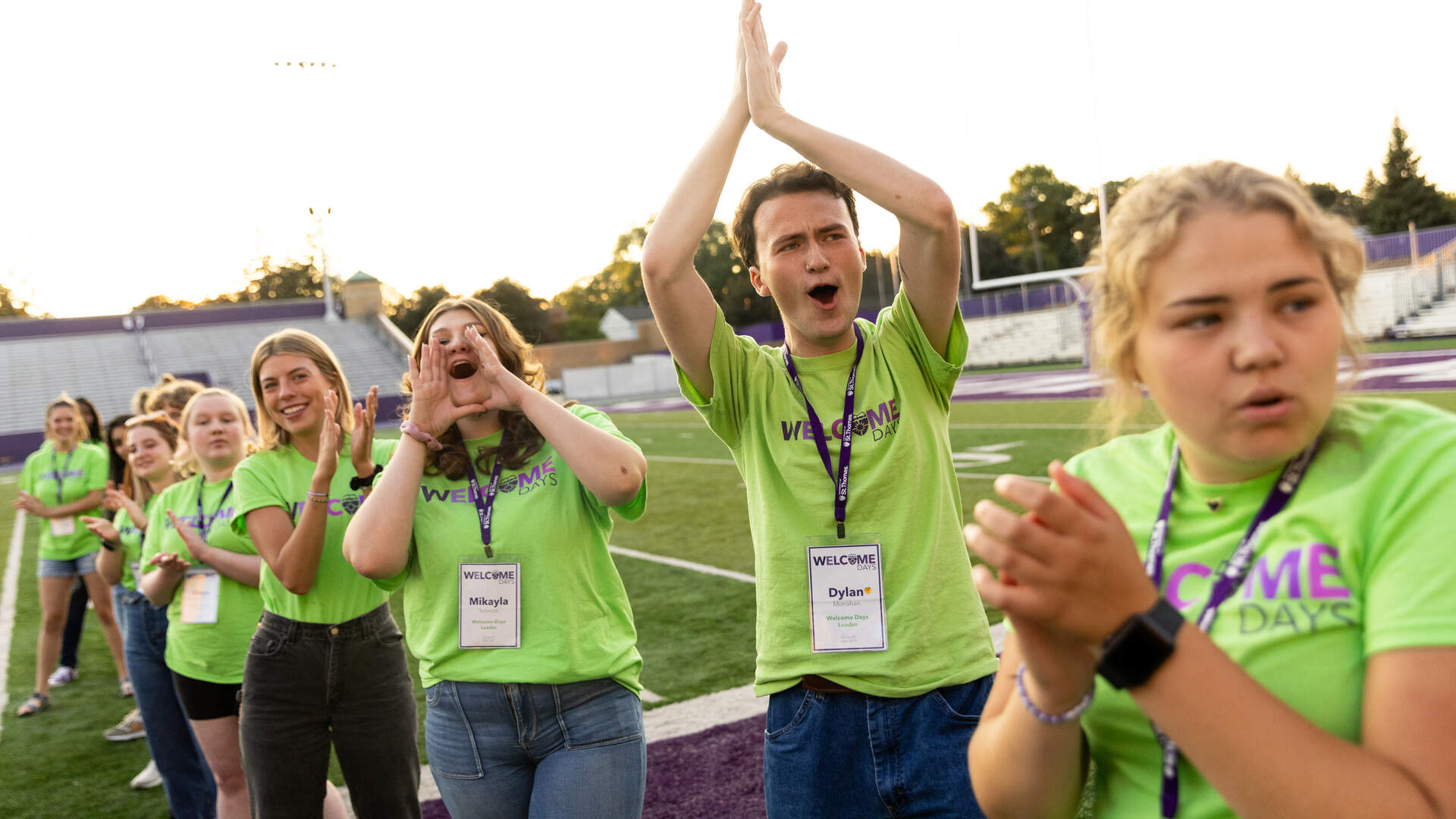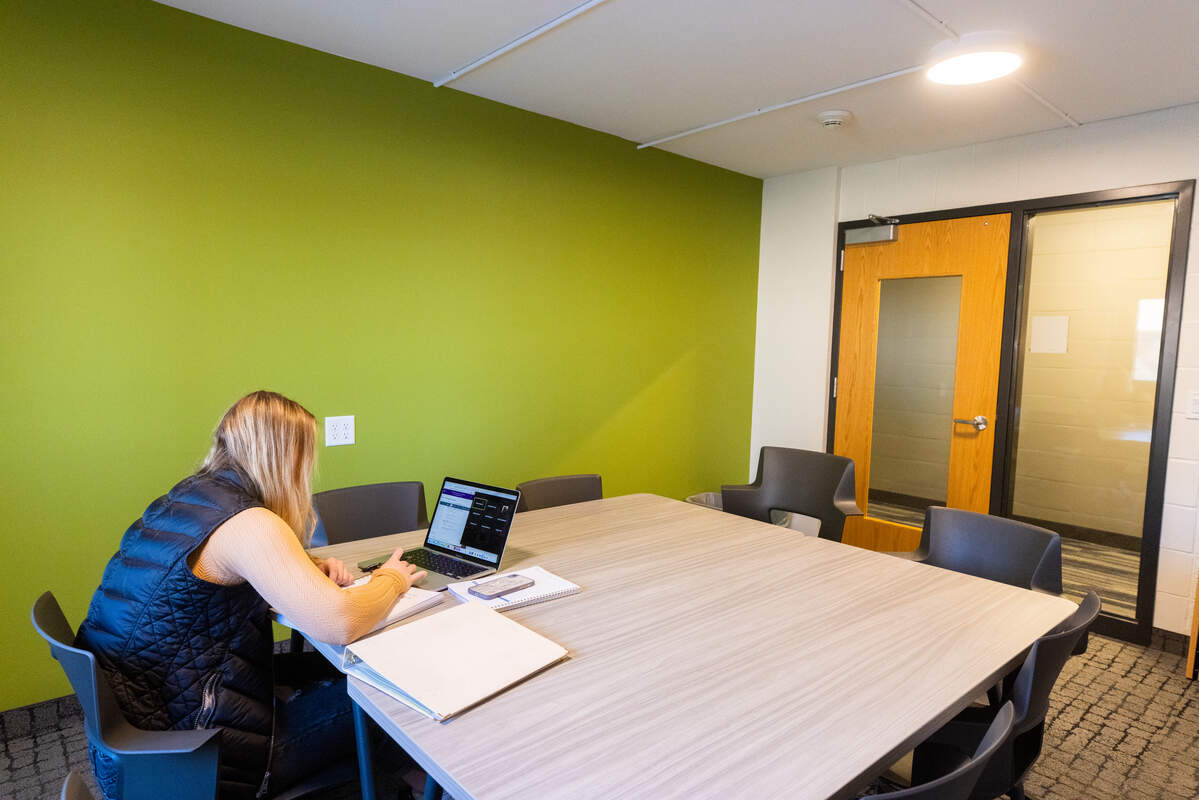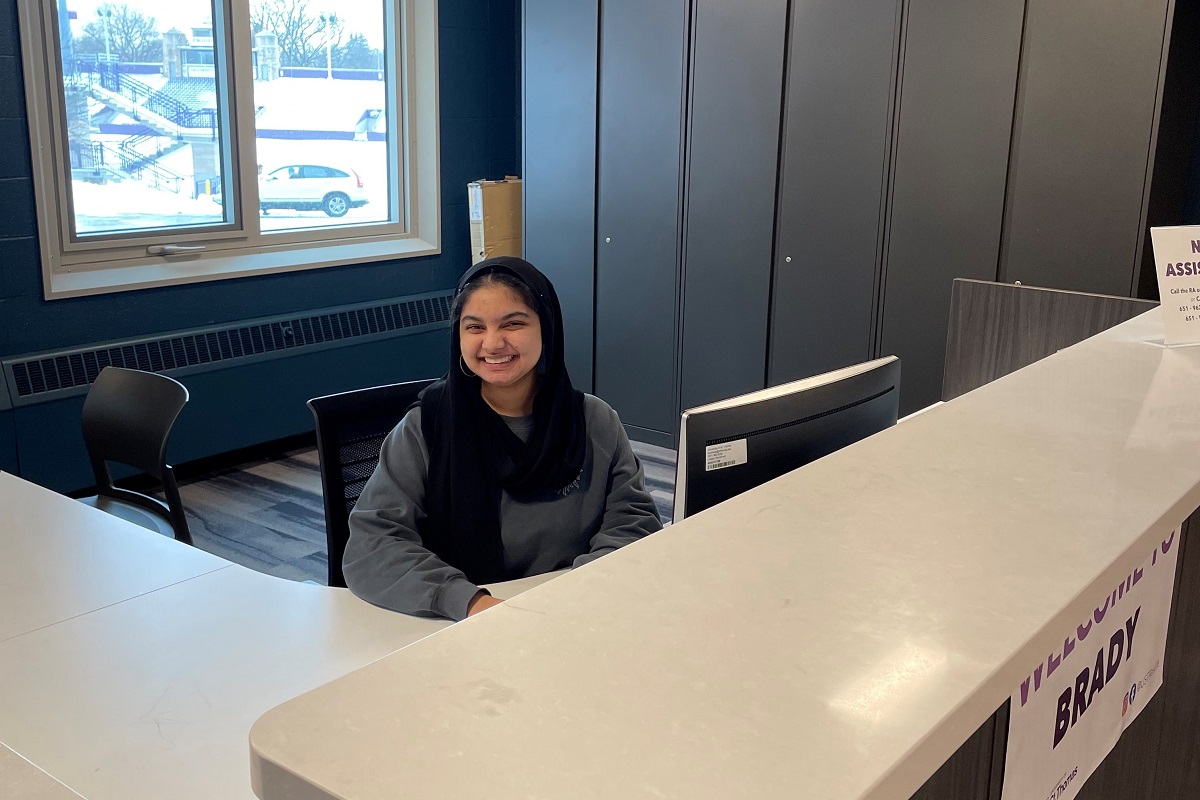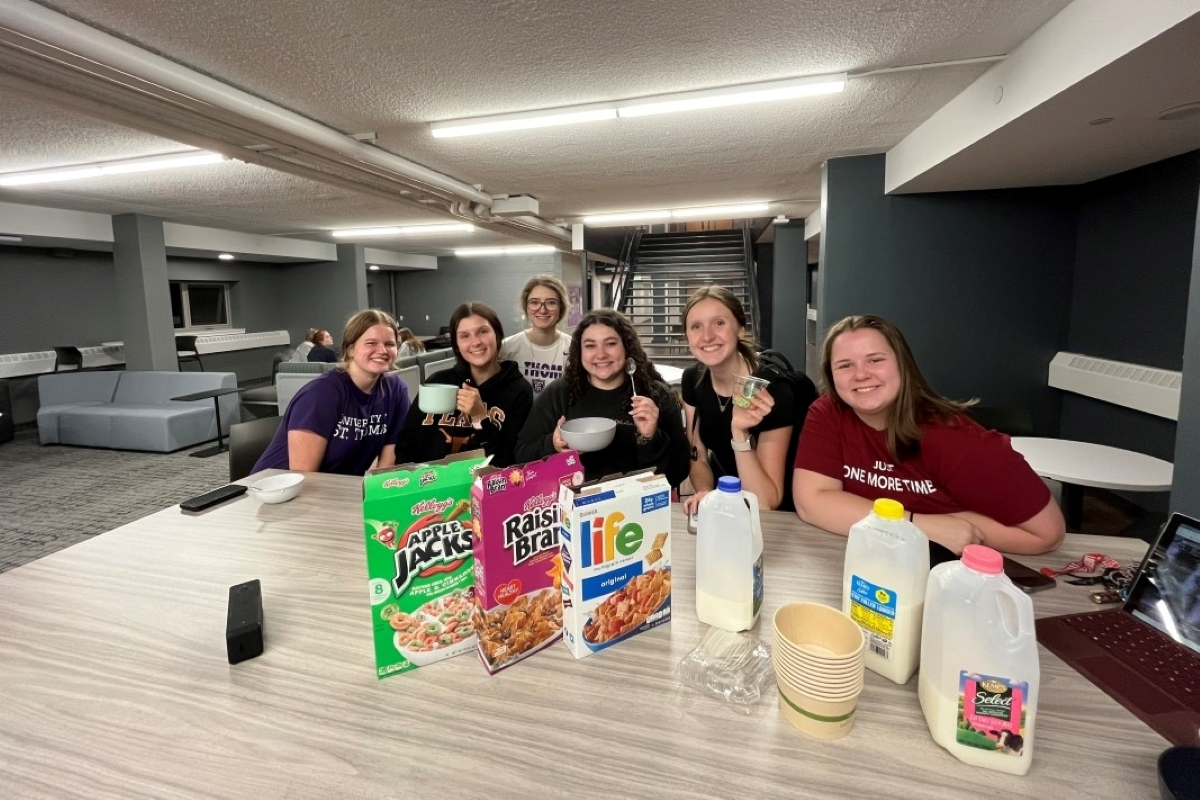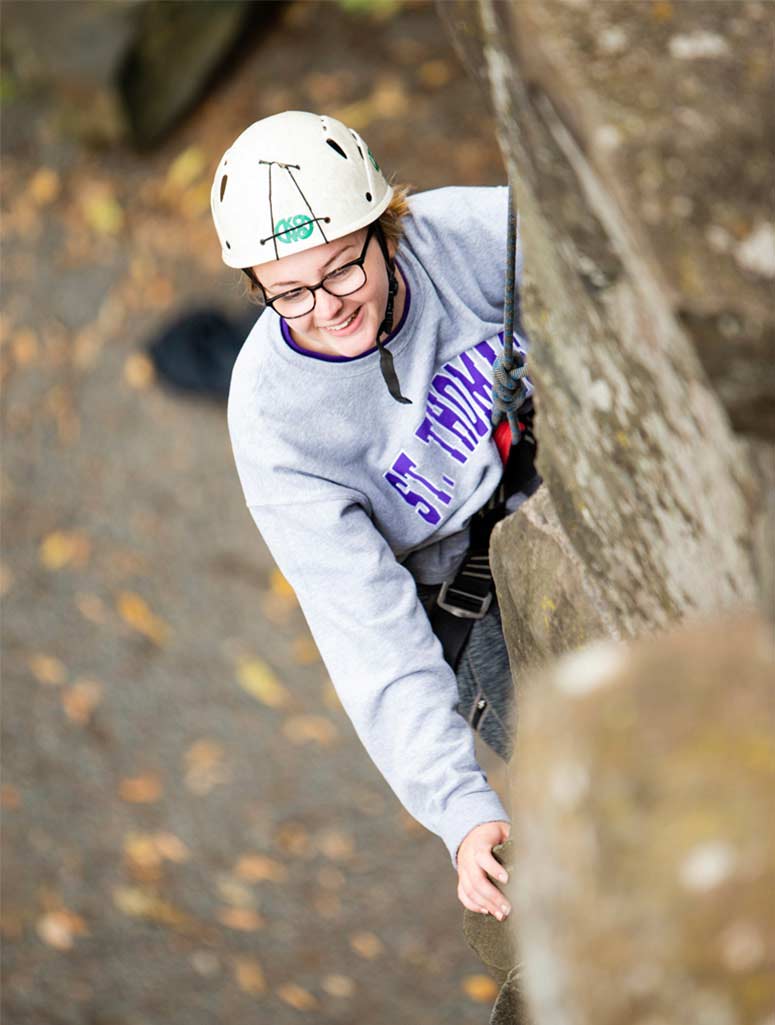Dining Services
Coffee, grab-and-go, convenience stores, and complete meals -- food and drinks to keep you going through the day and evening study sessions. Our self-operated dining services team provides meals for approximately 12,000 students, faculty, staff and visitors daily.
